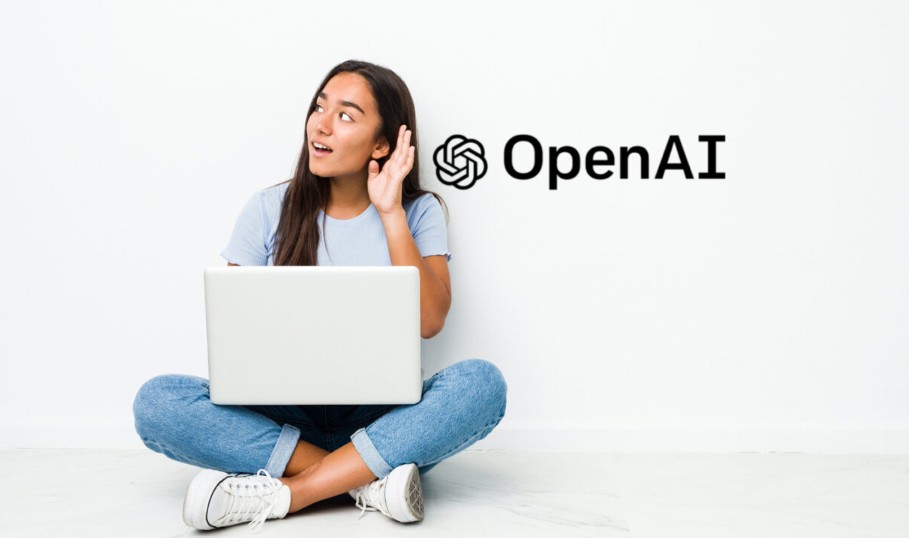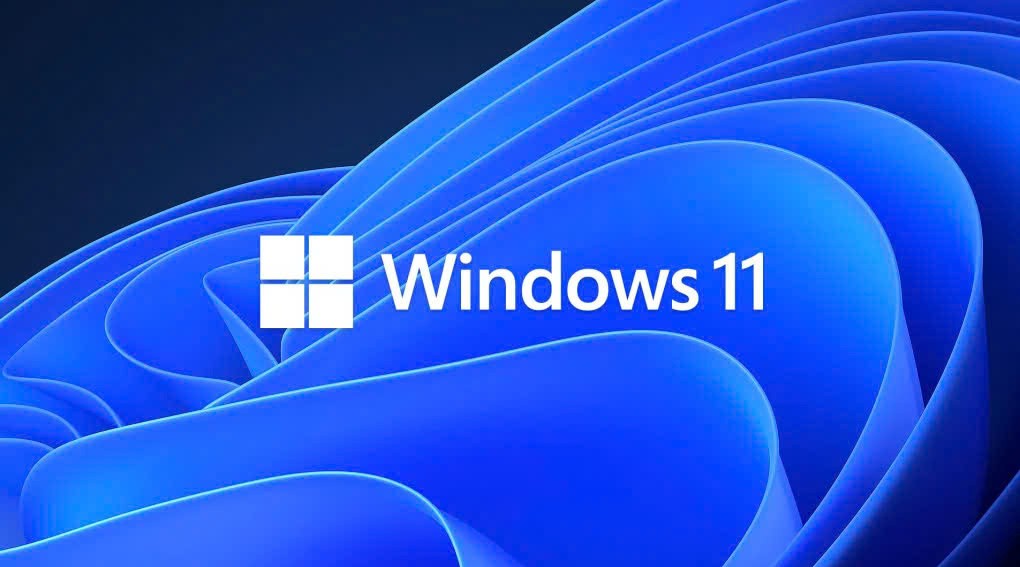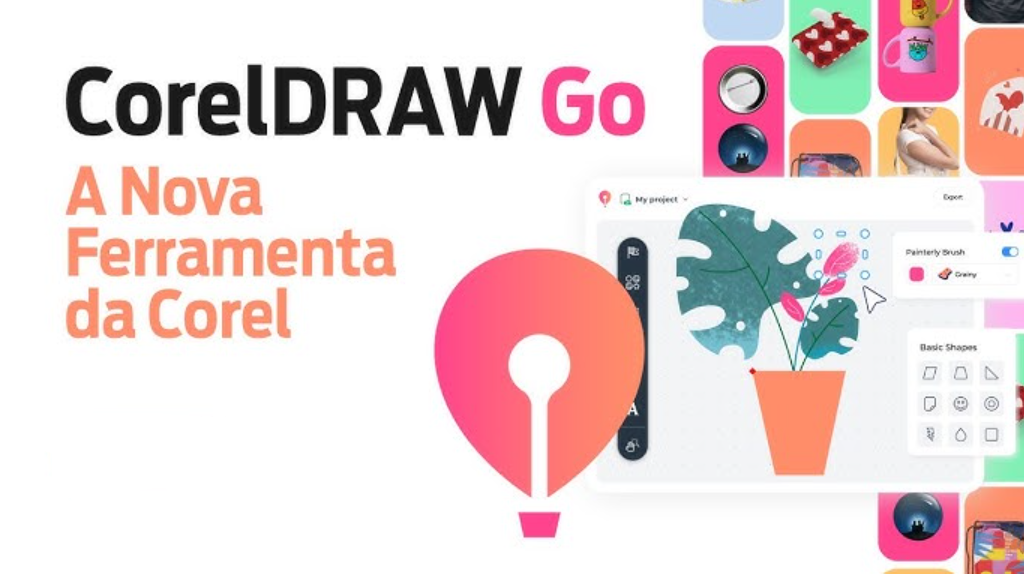Best Selling Products
New improvements make Gemini a formidable competitor to ChatGPT
Nội dung
At the Google I/O 2025 conference in June, Google announced a series of new features for Gemini that are not only technical improvements but also reflect a strategy to compete directly with ChatGPT.
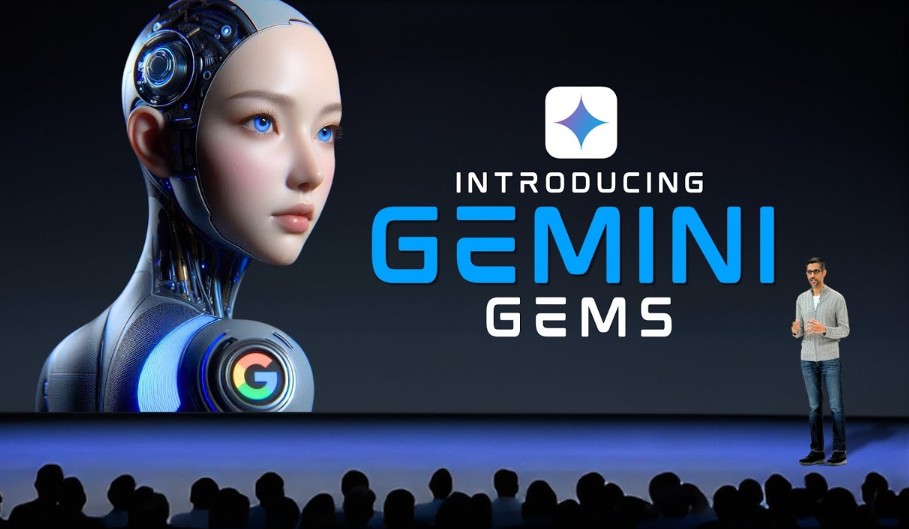
In recent years, conversational artificial intelligence has become one of the most popular technologies globally. While 2022 marked the explosion of ChatGPT developed by OpenAI, just a short time later, Google quickly joined the race with the Gemini product, formerly known as Bard. Not just a regular conversation tool, Gemini is heavily invested by Google with the ambition to build a comprehensive AI ecosystem, deeply connected to services that are already familiar to billions of users.
At the Google I/O 2025 conference in June, Google announced a series of new features for Gemini. These are not only technical improvements but also reflect a strategy to compete directly with ChatGPT. Among them, the Gem custom assistant sharing feature has attracted a lot of attention because it clearly shows the ambition to make Gemini a more open, innovative and community-based AI platform. While OpenAI has always stood out thanks to custom GPT, now Google has a direct answer and even developed some unique elements to strengthen its position.
1. Some new Gemini features announced by Google
Google isn’t just refining Gemini’s language processing capabilities or improving its response speed. At I/O 2025, the company unveiled a series of groundbreaking features. Notably, it expanded the customization and sharing capabilities of Gems. This is Google’s way of encouraging users to turn AI into a truly personalized tool, while also opening up opportunities for AI innovation communities to collaborate and grow together.
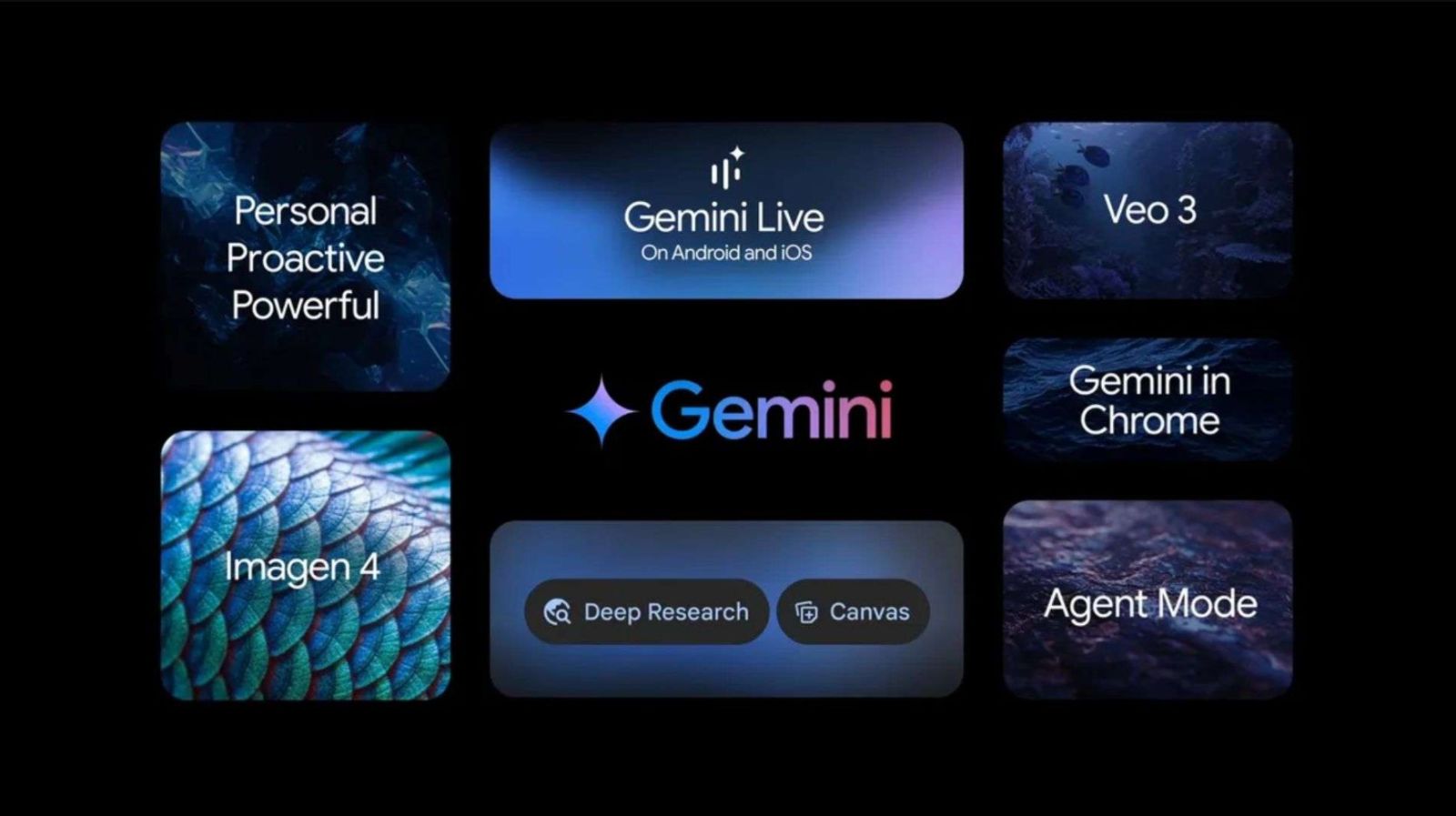
1.1. Ability to share custom Gem assistants
Gems are a type of virtual assistant that can be customized to specific needs, such as learning support, career advice, programming, or personal task management. Previously, creating Gems was limited to users who subscribed to the Gemini Advanced package, and there were only a few sample Gems developed by Google itself. Users could create their own Gems, but they could not share or access Gems created by others. This made the feature quite closed, limiting the ability to expand the community and reducing its appeal compared to OpenAI's custom GPT.
Now, things are different. With the new update, Google allows users to share their Gems with others through a system similar to sharing documents on Google Drive. This means you can create a Gem for work and share it with colleagues or create a Gem for fun and share it widely with friends and the community. This is an important step in making Gemini an open AI platform, promoting collaboration and rapid dissemination.
1.2. Gem sharing process
To share, users just need to click the share button located next to the edit icon in the “My Gems” section on the web version. When sharing, you can enter a specific email address or create a link that anyone with access can use. This is a familiar mechanism that has been successful with Google Drive, Google Docs, and Google Sheets. It is this uniformity that creates a friendly experience, helping users quickly grasp without having to learn new operations.
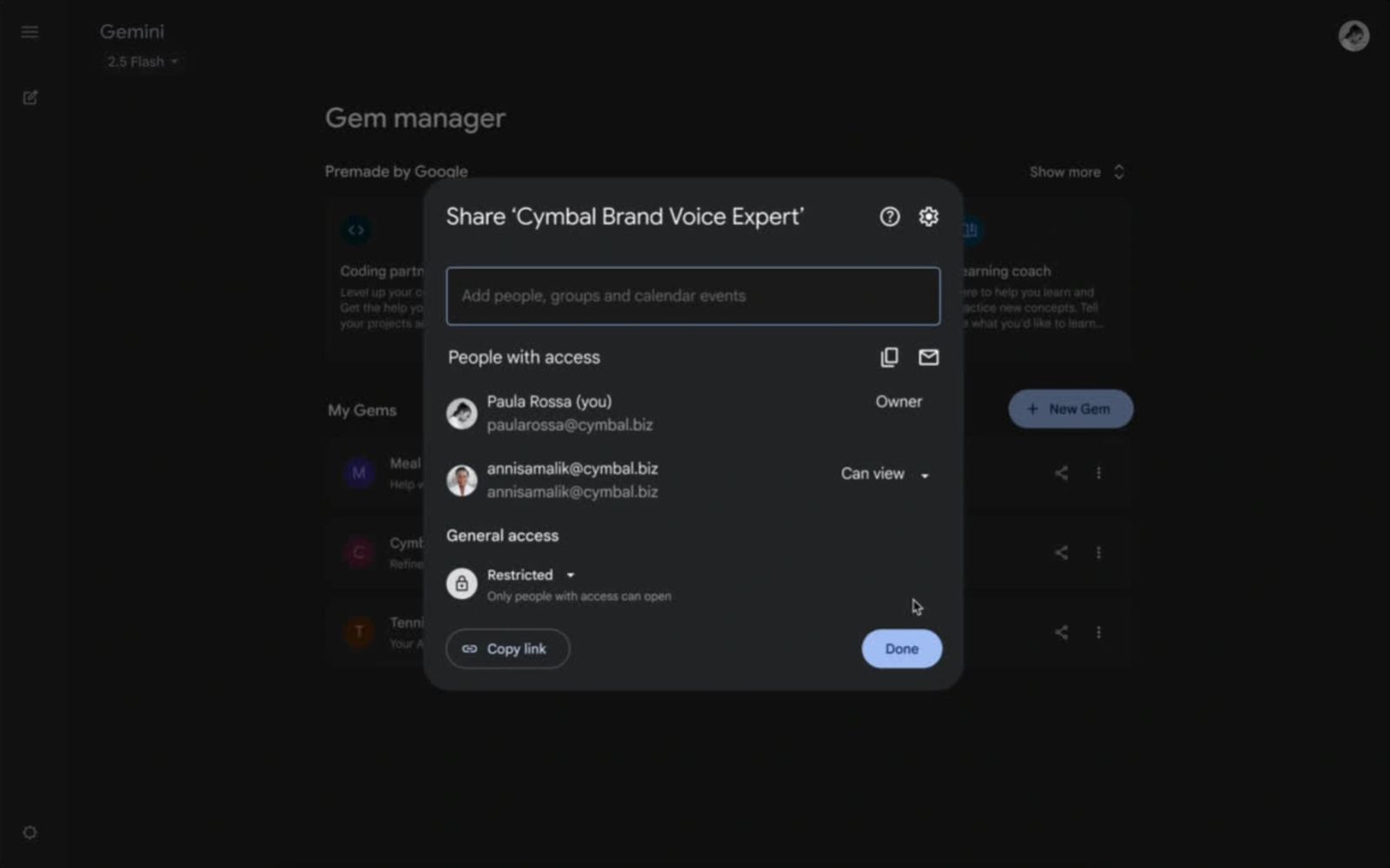
When a shared Gem is received, users will see a clear notification about the sharing status. All data and related suggestions will be stored in the “Shared with me” section of the Gem manager, where they can view, copy, or edit to create a more customized version. Additionally, a new folder called “Gemini Gems” will automatically appear in Google Drive, where Gem files with the distinctive Gemini icon will be stored. When users open these files, they will be directed directly to the Gemini interface to continue the experience.
1.3. Meaning of sharing feature
This addition goes beyond simply extending utility. It creates a collaborative AI ecosystem where users can learn, share, and improve from each other. An educator can build a Gem for teaching and then share it with students. A business can create a Gem to support internal workflows and deploy it to all employees. A research team can develop a specialized Gem and easily communicate within the team.
This transforms Gemini from a personal tool to a public platform, promoting widespread adoption and adoption. Compared to OpenAI's custom GPT, which is already popular, Google's adoption of a friendly sharing model and integration with the Drive ecosystem gives Gemini a distinct advantage in workplaces and educational environments where collaboration is a priority.
2. Gemini and the advantages of the Google ecosystem
One of Gemini’s key strengths is its seamless integration with the entire Google ecosystem. Beyond Drive, Gemini can also integrate natively with Gmail, Calendar, Meet, Docs, and Sheets. This means AI no longer functions as a standalone tool but becomes a seamless part of your daily workflow.
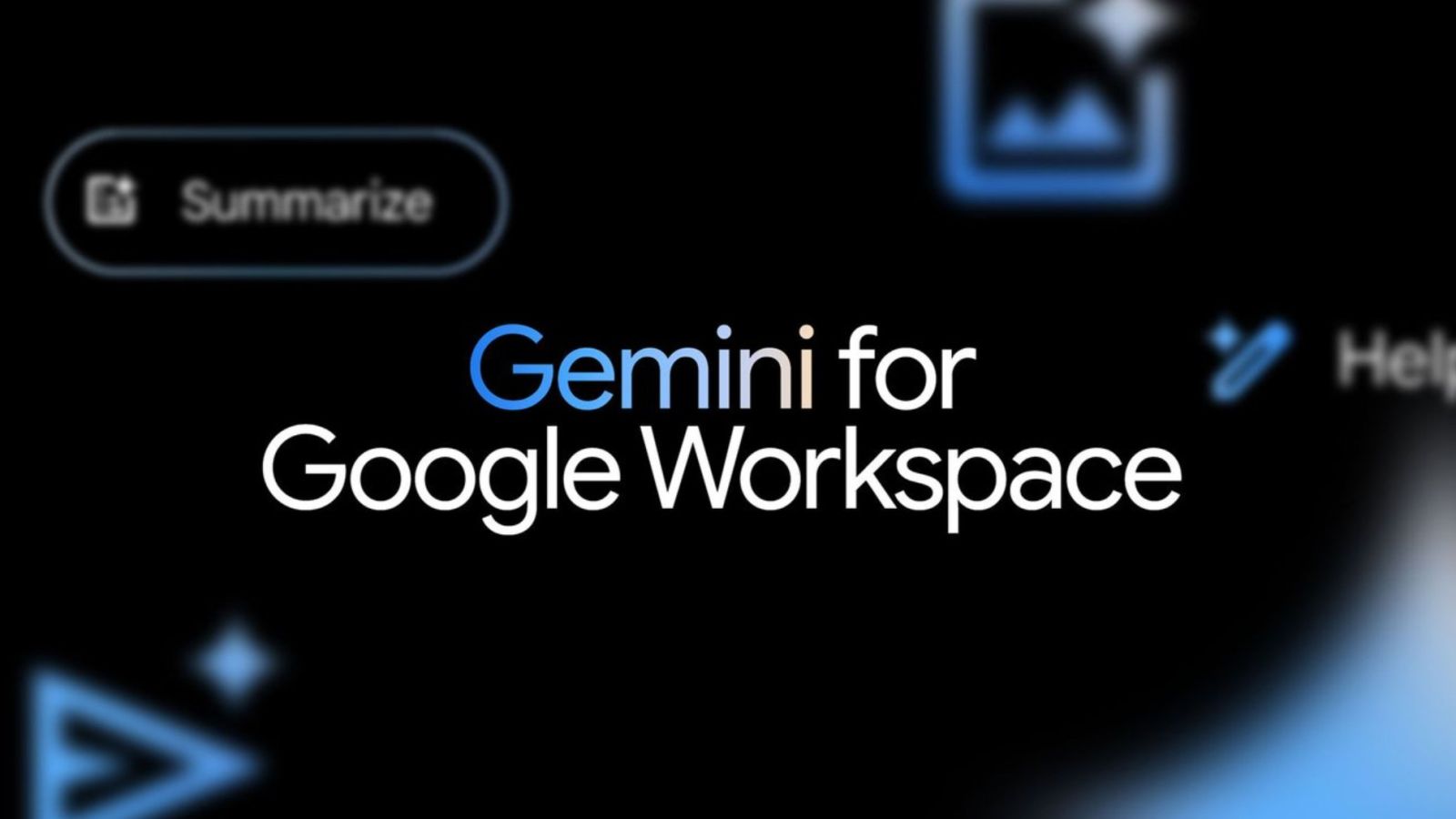
Imagine a specific scenario: when a project management Gem is activated, it can scan emails in Gmail to extract work requests, automatically create reminders in Calendar to avoid missed deadlines, and open a report editor in Docs with just a few commands. If a virtual meeting is needed, Gemini can propose an agenda, arrange a room in Meet, and send invitations immediately. The entire process, which used to be time-consuming, is now shortened in a closed loop, reducing errors and significantly increasing productivity.
This difference makes Gemini particularly attractive. ChatGPT, despite its strong linguistic and creative capabilities, still struggles to achieve such a level of integration due to its lack of connection to tools that have become a familiar part of billions of users around the world. Thanks to the advantage of “living in the Google ecosystem”, Gemini is not just an AI assistant but can become an indispensable “digital assistant” in work and life.
Furthermore, when Gemini is integrated into Google Workspace, it inherits the same layers of security, governance, and synchronization capabilities that have been proven over time. While OpenAI relies heavily on its partnership with Microsoft and the Azure system to scale, Google owns the entire cloud infrastructure, tools, and data to nurture Gemini. This creates a sustainable competitive advantage, helping Gemini move closer to its goal of becoming the AI platform at the center of digital life.
3. Compare Gemini with ChatGPT
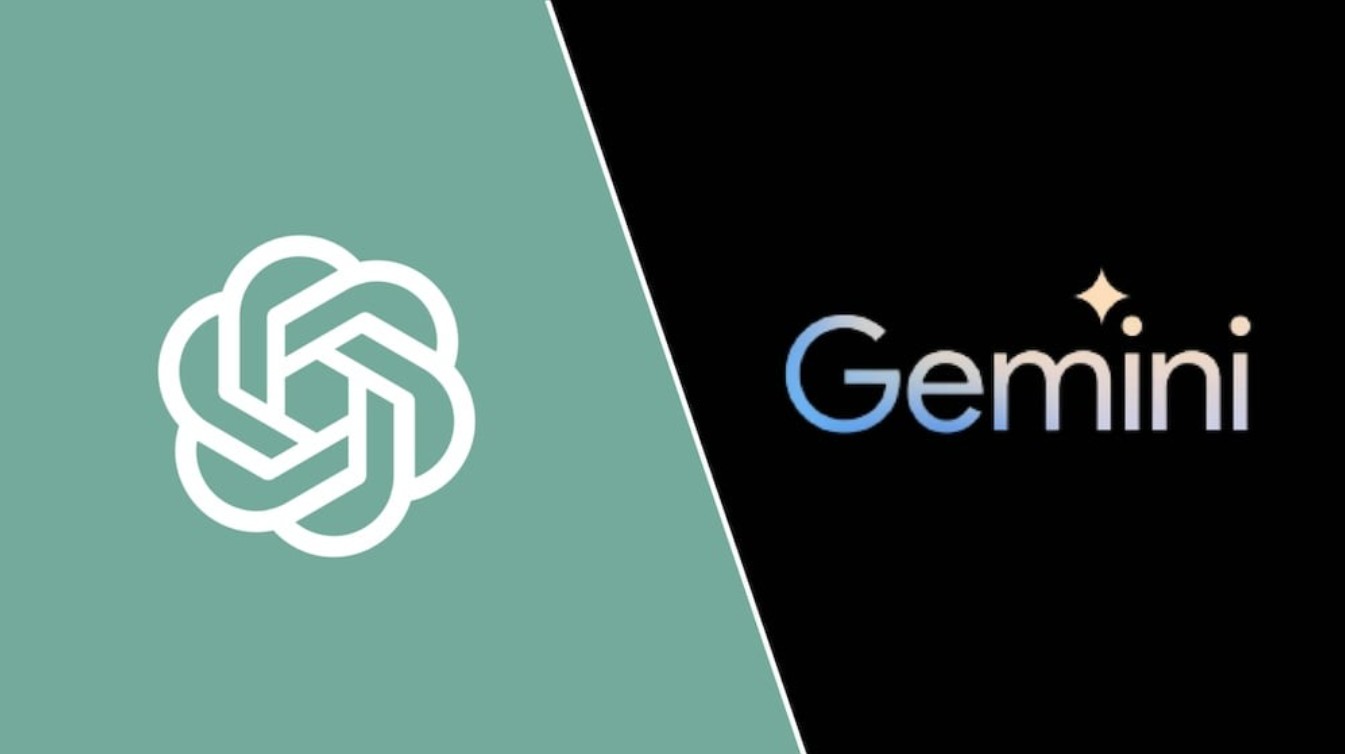
While ChatGPT is still the most talked about name in the conversational AI space, Gemini’s new feature launches have made the competition more intense. ChatGPT had an early advantage with its custom GPT repository and huge user community. However, Gemini is slowly closing the gap.
The ability to share Gems allows the community to develop specialized tools similar to the way ChatGPT did. But Gemini's strength is its natural integration into the Google ecosystem, which is already ingrained in the habits of billions of people. Users don't have to leave their familiar environment, but simply use Gemini as a convenient extension.
Google is also investing heavily in Gemini’s multimodal capabilities. ChatGPT already stands out with GPT-4 Turbo, which handles text, images, and voice, but Gemini is taking things a step further by expanding its reach to include video and integration with Android devices. This opens up a future where AI can seamlessly accompany phones, computers, and IoT devices.
4. Impact on users and the AI innovation community
Expanding the ability to share Gems not only benefits individual users, but also empowers developers and creative communities. A student can find a learning support Gem shared by a professor, saving time searching for documentation. A freelancer can use a client management Gem to improve work efficiency. A startup team can share a project management Gem to coordinate more effectively.
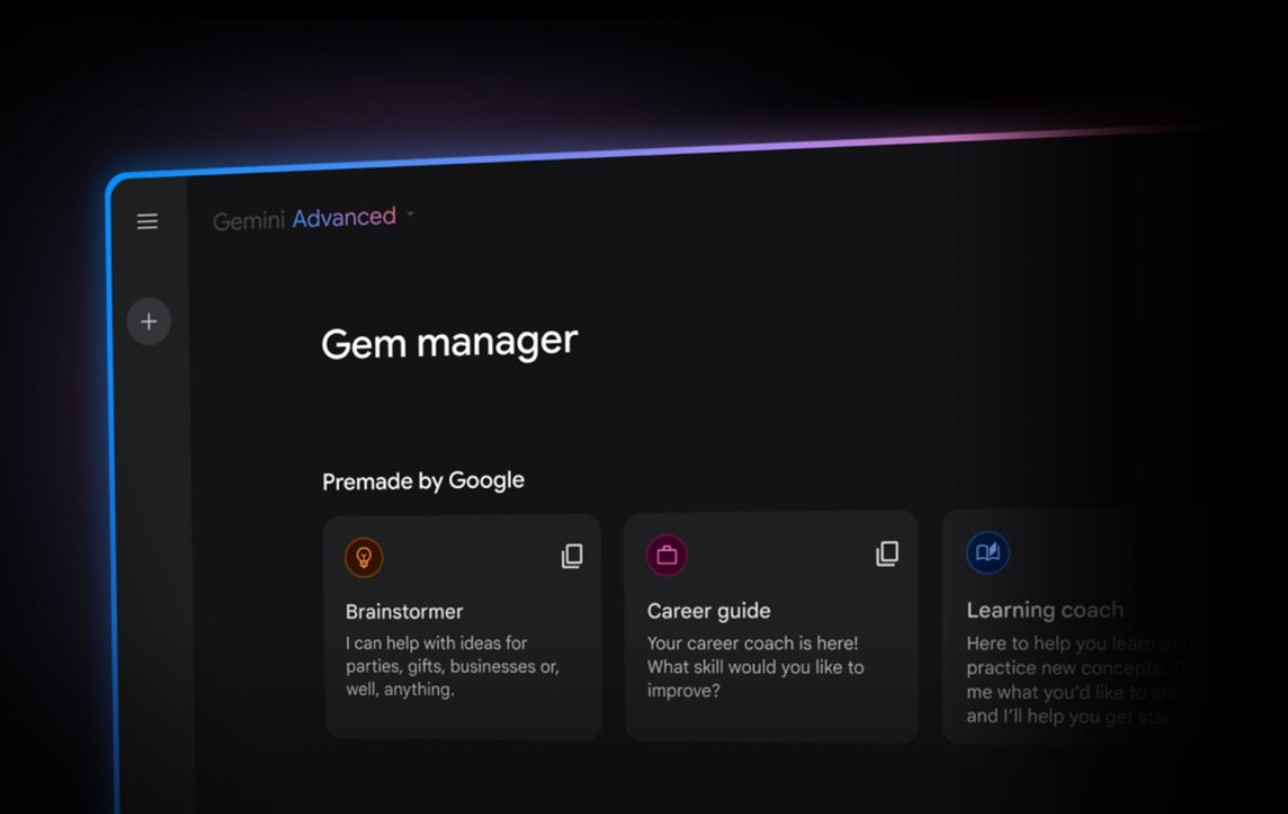
As the community contributes and grows together, Gemini will become a giant repository of ideas and tools, not inferior to any other AI platform. This is the key factor that helps Gemini increase its competitive strength with ChatGPT. If OpenAI has succeeded by building a community around the GPT Store, then Google can absolutely do the same, even more widely thanks to the existing ecosystem advantage.
5. Conclusion
The addition of the Gem sharing feature by Google marks a significant milestone in Gemini’s development journey. From a tool primarily for individuals, Gemini has now become a highly applicable, open collaboration platform that is deeply integrated into the Google ecosystem. This not only improves the user experience but also puts Gemini in a position that is hard to beat in the race with ChatGPT.
In the context of increasingly advanced AI, the competition between large platforms like ChatGPT and Gemini not only benefits the companies behind it but more importantly, brings more and better options to users. With what has been shown, Gemini is proving that Google is fully capable of maintaining its advantage and continuing to expand its influence in the AI era.









































